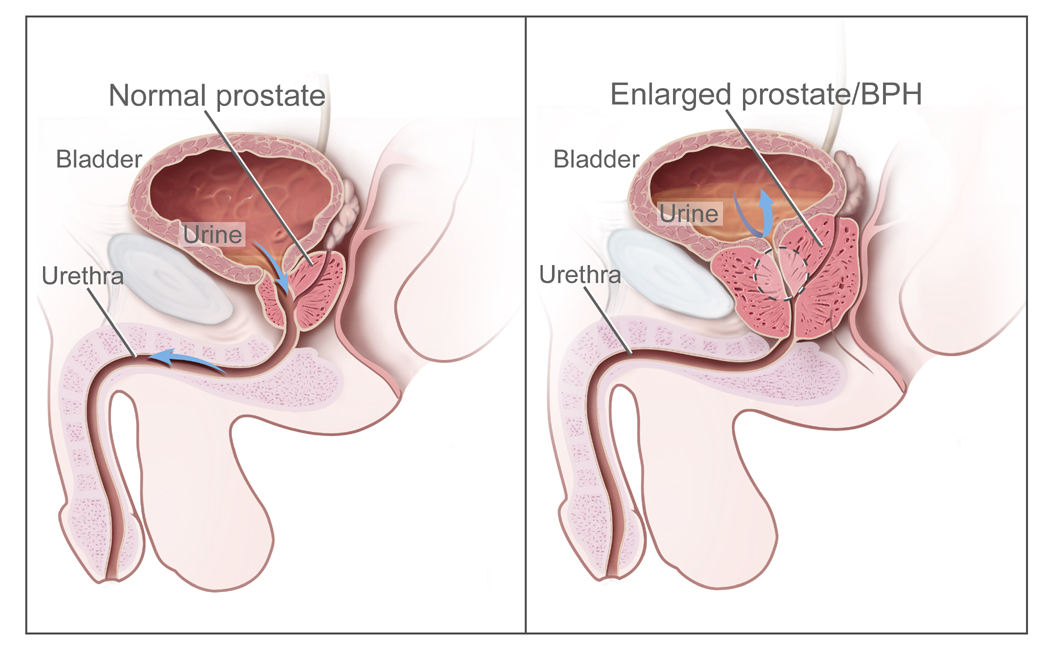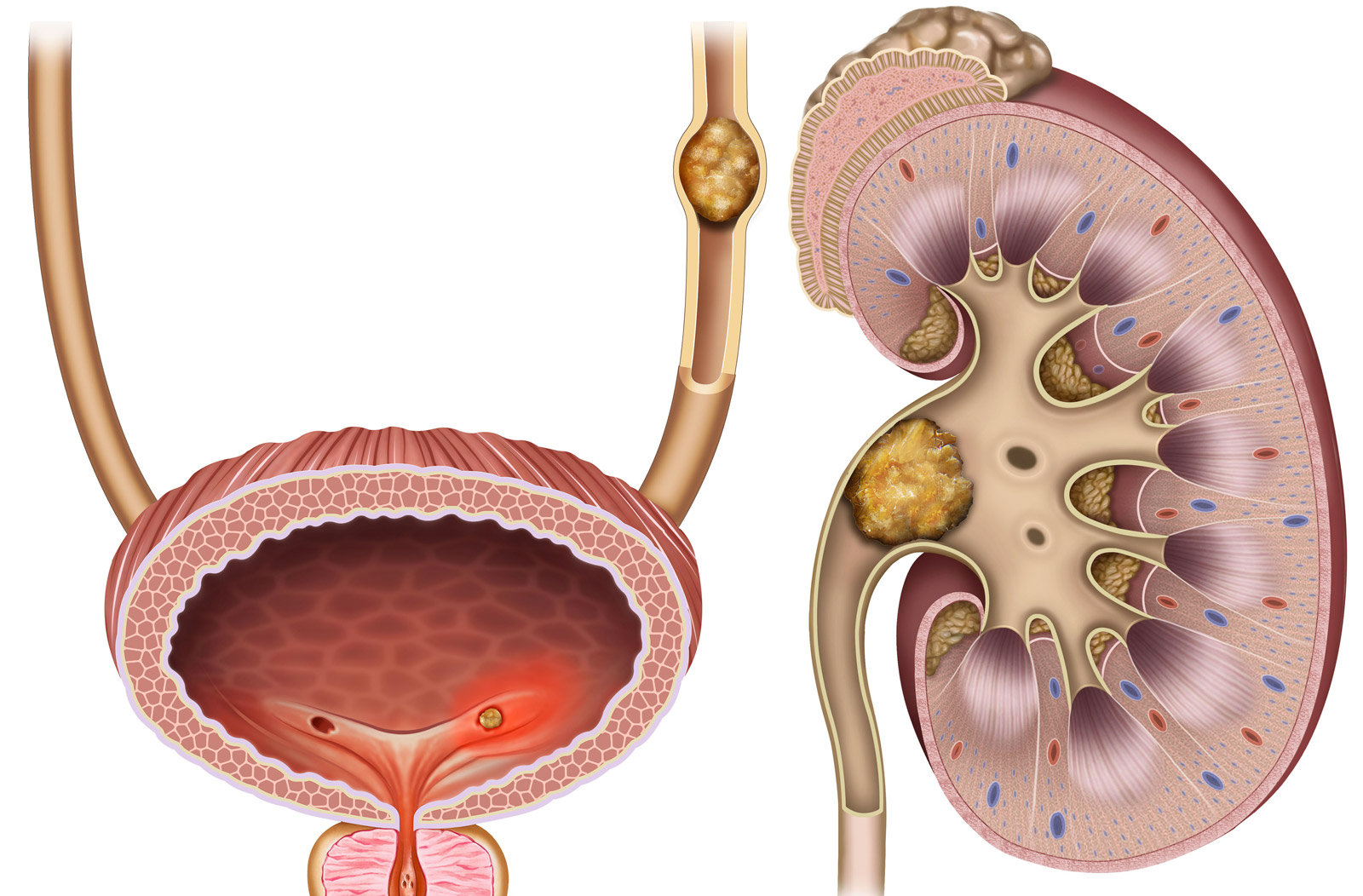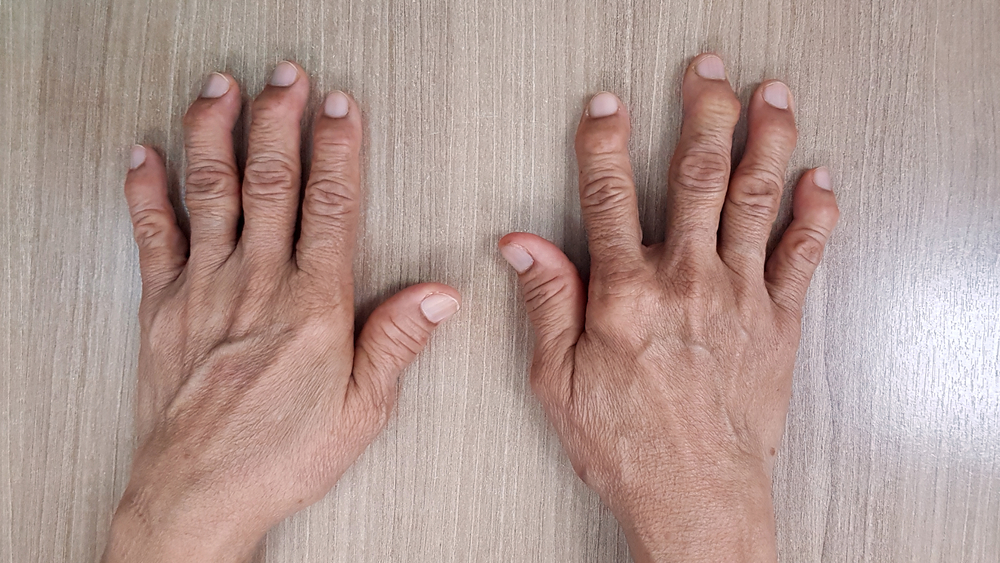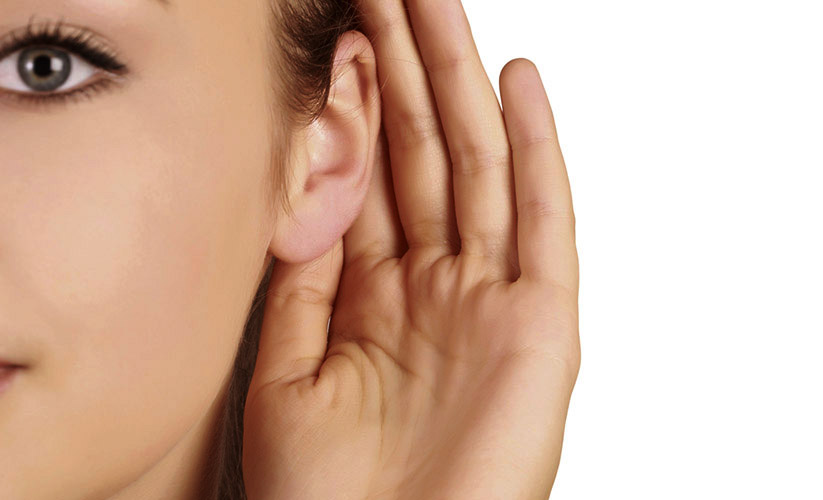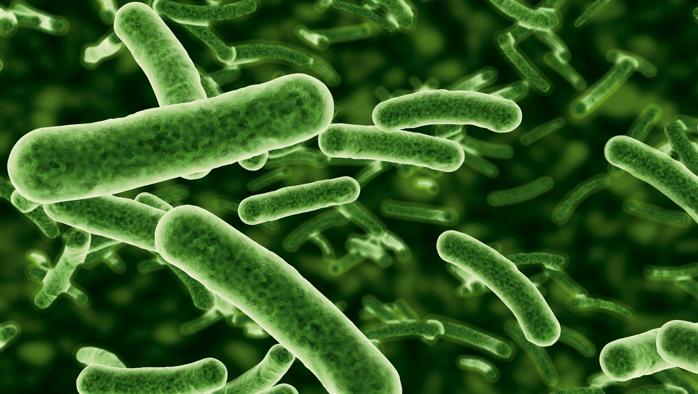Friendship helps our health. You are wrong to think this is a simplistic statement, an excessive consequence of the well-known saying “he who finds a friend finds a treasure.” Actually, we are talking about scientific data that emerged from a study, published in the influential Journal of Epidemiology and Community Health, which found that being able to rely on a network of friends positively influences our well-being much more than family ties do.
The research authors concluded that friendship is a key determinant of health, on par with healthy eating, physical activity and regular medical checkups. Being able to rely on a friend, in fact, is good for your mood, boosts self-esteem, and helps you cope better with stress. In short, it generates a state of emotional and mental well-being that cannot help but be reflected in the body. But the beneficial effects of a good friendship-intimacy, security and affection-are not only transmitted to the emotional sphere; they also come to positively affect health and well-being. Therefore, building and nurturing good friendship relationships from adolescence onward allows people to live better and longer and, in addition, would protect against disease and overweight.
What happens to our body
Going into specifics: those who have an established core of true friends, by contacting them, activate the pressure receptors that are in the skin, the so-called “Pacini corpuscles,” which immediately send signals to the vagus nerve. This is enough to begin to make us feel better as the nerve is connected to nerve fibers that reach several cranial nerves, which are critical in regulating the majority of the body’s key functions including, precisely, blood pressure.
Another important change occurs directly in the brain. In fact, an authentic friendship relationship stimulates the production of dopamine, the neurotransmitter known as the “pleasure hormone.” But all it takes is a friend’s hug to increase the production of oxytocin-commonly called the “love hormone”-which enables us to connect emotionally with others. Always a simple hug between friends, as the researchers found, leads to a significant reduction in the level of cortisol in the blood, that is, the stress hormone.
To sum up, it may well be said that true friendship has a portentous effect on the brain, helping us on the one hand to achieve a kind of relaxation and well-being, and on the other hand to cope better with stress and fears of various kinds. Especially since-again according to the study-those without friends are more prone to stress and, over time, are likely to complain of various ailments.
And what better time than summer to cultivate friendship? Only condition: dating people to whom we are truly attached and who reciprocate our feelings in equal measure. Therefore, those who find a friend not only find a treasure, but are also able, at least in some cases, to avoid taking medication for anxiety or depression.





